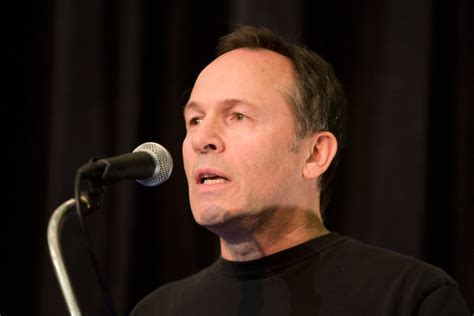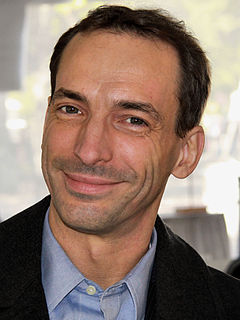A Quote by Thomas Piketty
There is one great advantage to being an academic economist in France: here, economists are not highly respected in the academic and intellectual world or by political and financial elites. Hence they must set aside their contempt for other disciplines and their absurd claim to greater scientific legitimacy, despite the fact that they know almost nothing about anything.
Related Quotes
There's actually a wonderful quote from Stanley Fish, who is sometimes very polemical and with whom I don't always agree. He writes, "Freedom of speech is not an academic value. Accuracy of speech is an academic value; completeness of speech is an academic value; relevance of speech is an academic value. Each of these is directly related to the goal of academic inquiry: getting a matter of fact right."
A different set of incentives from rising in an economic establishment where the rewards system, again, the reinforcement, comes from being a truffle hound. That's what Jacob Viner, the great economist called it: the truffle hound - an animal so bred and trained for one narrow purpose that he wasn't much good at anything else, and that is the reward system in a lot of academic departments.
Academic environments are generally characterised by the presence of peole who claim to understand more than in fact they do. Linguistic Philosophy has produced a great revolution, generating people who claim not to understand when in fact they do. Some achieve great virtuosity at it. Any beginner in philosophy can manage not to understand, say, Hegel, but I have heard people who were so advanced that they knew how not to understand writers of such limpid clarity as Bertrand Russell or A.J. Ayer.
I never went to college and I was raised in Arkansas so there wasn't a lot of academic language being thrown around my house. We weren't idiots, but I didn't have that access to academic feminism. I had to realize, on my own, that feminism is not just about how far ahead you can get in a job and it isn't about not wearing makeup. It isn't about not watching your waistline. I had to recreate the world entirely.
The rites of passage in the academic world are arcane and, in their own way, highly romantic, and the tensions and unplesantries of dissertations and final oral examinations are quickly forgotten in the wonderful moment of the sherry afterward, admission into a very old club, parties of celebration, doctoral gowns, academic rituals, and hearing for the first time "Dr.," rather than "Miss" Jamison.
I was recently asked what it takes to become a writer. Three things, I answered: first, one must cultivate incompetence at almost every other form of profitable work. This must be accompanied, second, by a haughty contempt for all the forms of work that one has established one cannot do. To these two must be joined, third, the nuttiness to believe that other people can be made to care about your opinions and views and be charmed by the way you state them. Incompetence, contempt, lunacy—once you have these in place, you are set to go.




































